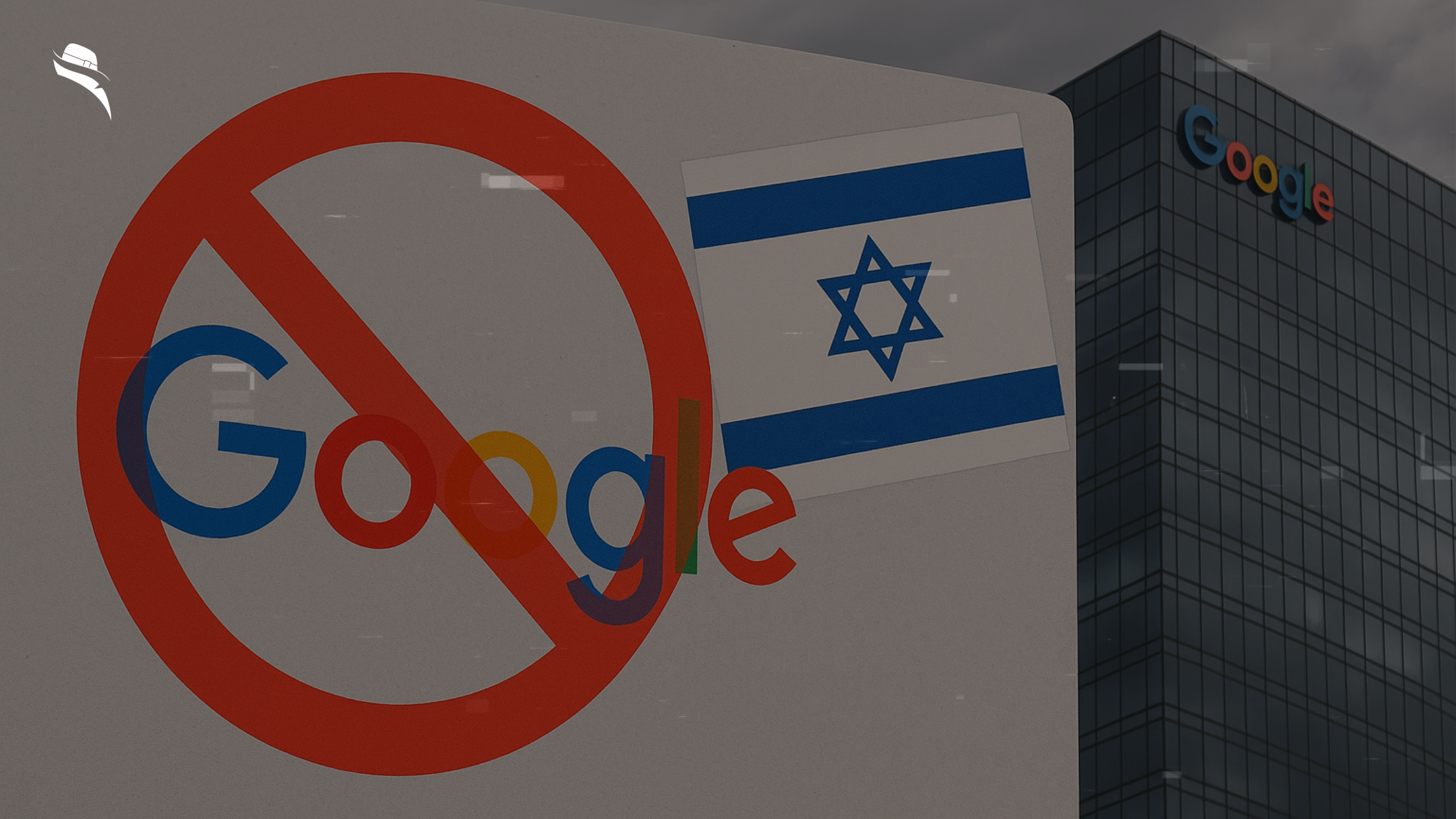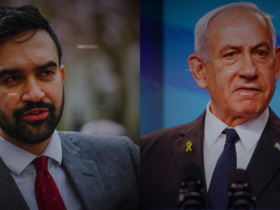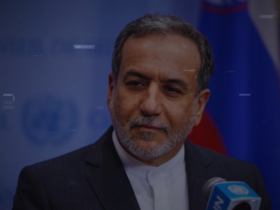Google signs $45M contract with Netanyahu office has sparked significant controversy amid reports of a worsening humanitarian crisis in Gaza. The tech giant agreed to the six-month deal to promote government messages and downplay the humanitarian situation in the region.
The timing of this arrangement has drawn particular scrutiny. According to reports, the campaign began shortly after Israel blocked food, medicine, fuel, and other humanitarian supplies from entering Gaza on March 2. Meanwhile, Netanyahu’s office has utilized Google’s platforms to counter narratives about the severe hunger crisis in Gaza.
While the promotional campaign continues, health officials report alarming statistics. The Gaza Health Ministry recorded 185 starvation deaths in August alone, including 12 children—the highest monthly figure since the conflict began. Furthermore, at least 367 Palestinians, including 131 children, have died of hunger and malnutrition. Currently, more than 43,000 children under age 5 are suffering from malnutrition alongside 55,000 pregnant and breastfeeding women. The United Nations has consequently declared a famine in northern Gaza, warning it will likely spread to other regions.
Google signs $45M contract with Netanyahu’s office
In June 2025, Google finalized a controversial $45 million contract with the office of Israeli Prime Minister Benjamin Netanyahu. The agreement outlines a comprehensive six-month digital campaign designed to shape international public opinion regarding the situation in Gaza. Internal documents reveal the contract was approved by Google’s senior management despite growing concerns from human rights organizations about the humanitarian crisis unfolding in the region.
Deal signed in June 2025 for a six-month campaign
The contract, officially executed on June 12, 2025, allocates substantial resources for digital promotion across Google’s various platforms. The agreement stipulates that Google will provide premium advertising services, algorithmic prioritization, and advanced targeting capabilities to amplify Israeli government messaging. The six-month timeframe corresponds with what Israeli officials termed a “critical period” for international public relations efforts surrounding Gaza operations.
Google is named as a ‘key entity’ in Israeli PR strategy
Official communications from Netanyahu’s office identify Google as a “key entity” in Israel’s broader public relations strategy. The tech giant’s extensive reach—spanning search, video, and display advertising networks—made it an attractive partner for Israeli officials seeking to counter international criticism. The contract specifies performance metrics, including guaranteed impression counts and engagement targets across multiple global regions, with a particular focus on North America and Europe.
The campaign launched after the Gaza blockade on March 2
The digital campaign formally began operating in late March 2025, merely weeks after Israel implemented a comprehensive blockade of Gaza on March 2. This timing proved especially significant as international aid organizations started reporting critical shortages of essential supplies in the enclave. The contract includes provisions for “rapid response” messaging capabilities, allowing Israeli officials to quickly deploy counter-narratives whenever international media reports on humanitarian conditions in Gaza gain traction.
Moreover, the agreement contains confidentiality clauses that prevent Google from publicly discussing specific campaign elements, although several Google employees have reportedly raised internal ethics concerns regarding the company’s involvement.
Israel uses Google platforms to deny the Gaza famine
Following the contract signing, Israeli officials rapidly deployed messaging across Google’s platforms specifically designed to counter reports of starvation in Gaza. The campaign became a central component of Netanyahu’s media strategy as international concerns about the humanitarian situation intensified.
YouTube video claims ‘There is food in Gaza‘
A propaganda video published by Israel’s foreign ministry on YouTube in late August became the centerpiece of the campaign, directly asserting: “There is food in Gaza. Any other claim is a lie”. The video purportedly showed Palestinians preparing and eating food, directly contradicting reports from humanitarian organizations about widespread hunger throughout the territory. This content appeared as international criticism mounted regarding Israel’s March 2 decision to block essential supplies.
Ads run via Display & Video 360 and YouTube
The campaign utilized both YouTube and Google’s advertising campaign management platform, Display & Video 360. Documents reveal the ads were managed by the Israeli Government Advertising Agency (Lapam), which reports directly to Prime Minister Netanyahu’s office. Additionally, Israel allocated $3 million for advertising on the X platform, creating a multi-channel approach to message dissemination.
Campaign labeled as ‘hasbara’ in official documents
Israeli government contracts explicitly characterized the advertising campaign as “hasbara”, a Hebrew term that falls somewhere between public relations and propaganda. Internal records show the messaging was designed to promote military operations as necessary for the security of “Israel and the West”.
Over 6 million views driven by paid promotion
The foreign ministry’s YouTube video amassed more than 6 million views, with much of this reach resulting from paid promotion under the government contract. This substantial viewership came during a period when UN agencies were documenting severe malnutrition throughout Gaza.
UN and health officials report worsening famine
As Israel’s advertising campaign spreads through Google’s platforms, United Nations agencies and health officials have documented deteriorating conditions in Gaza, contradicting the Netanyahu government’s messaging.
IPC declares famine in Gaza in August
On August 22, the Integrated Food Security Phase Classification (IPC), a UN-backed global hunger-monitoring system, officially confirmed famine in the Gaza governorate. This marks the first time famine has been declared in the Middle East region. Instead of improving, the IPC projected that by September’s end, over 640,000 people would face catastrophic food insecurity levels, with an additional 1.14 million people in emergency conditions.
367 deaths from hunger, including 131 children
Currently, the total number of hunger-related deaths stands at 367, including 131 children. In fact, August alone saw 185 people die due to malnutrition. Notably, at least 83 people, including 15 children, have died since the IPC declared famine last month. Health authorities reported 10 malnutrition deaths in a single 24-hour period.
43,000 children and 55,000 women are malnourished
Concerning children, approximately 43,000 below the age of five suffer from malnutrition. Subsequently, the number at severe risk of death has tripled from 14,100 to 43,400. Simultaneously, more than 55,000 pregnant and breastfeeding women face malnutrition, with two-thirds suffering from anemia—the highest rate in years.
OCHA warns of ‘massive famine’ across Gaza
“We are on a descent into a massive famine,” warned Jens Laerke, spokesperson for the UN aid coordination office (OCHA). To clarify, “The entire Gaza Strip needs food. There would not have been declared famine had there been sufficient amounts of food”. The UN Relief Chief described it as “a famine that we could have prevented, if we had been allowed”.
Critics condemn Google’s role in spreading propaganda
International criticism of Google has intensified as details of the $45 million contract with Netanyahu’s office emerged. The agreement has triggered widespread condemnation from human rights organizations and UN officials.
UN Special Rapporteur accuses Google of profiting from genocide
Francesca Albanese, UN Special Rapporteur on Palestinian territories, directly accused Google of “profiting from genocide” through its partnership with the Israeli government. She emphasized that Google’s platforms were being used to spread disinformation about the humanitarian crisis.
Human rights groups call for accountability
Numerous organizations, including Human Rights Watch and Amnesty International, have demanded that Google terminate its contract with Netanyahu’s office. These groups argue the tech giant is violating its own ethical guidelines by facilitating propaganda that contradicts documented evidence of starvation.
Google’s silence draws further backlash
Throughout mounting criticism, Google has refused to comment on the contract details or address ethical concerns. This silence has prompted several large institutional investors to question the company’s leadership about potential reputational damage.
Connection to Project Nimbus raises ethical concerns
The controversy has reignited debate about Google’s earlier $1.2 billion cloud computing contract with Israel, known as “Project Nimbus.” Critics point out that both agreements demonstrate a pattern of the company prioritizing profit over human rights considerations. Employees within Google have reportedly formed ethics committees to challenge these relationships internally.
Final Thoughts
The controversy surrounding Google’s $45 million contract with Israeli Prime Minister Benjamin Netanyahu’s office highlights a profound ethical dilemma facing technology companies. This arrangement occurs at the intersection of corporate profit and humanitarian crisis, raising questions about the responsibilities of digital platforms during conflicts.
As social media platforms increasingly function as information gatekeepers, their role extends beyond simple business decisions. The juxtaposition between Google’s paid campaign claiming adequate food in Gaza and the United Nations’ formal declaration of famine underscores a troubling gap between promoted narratives and documented reality.
Throughout history, governments have utilized available communication tools to shape public opinion during wartime. However, the scale and precision of today’s digital advertising infrastructure create unprecedented capabilities for message targeting across international borders. The contract represents a significant evolution in how states manage their public image during controversial military operations.
Corporate responsibility policies typically include commitments to human rights principles. Yet Google’s apparent willingness to facilitate messaging that contradicts humanitarian organizations’ findings suggests potential conflicts between financial incentives and ethical standards. The ongoing silence from Google executives regarding these concerns only intensifies scrutiny of the company’s decision-making process.
For observers worldwide, this case exemplifies the complex challenges of the modern information ecosystem.







Leave a Reply